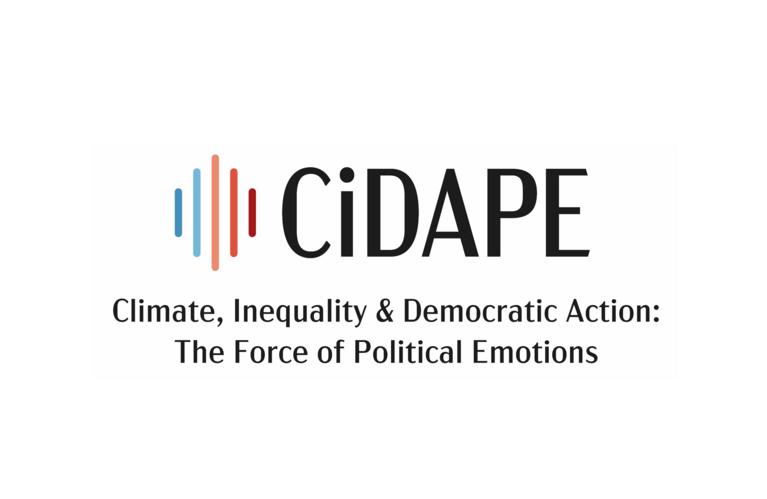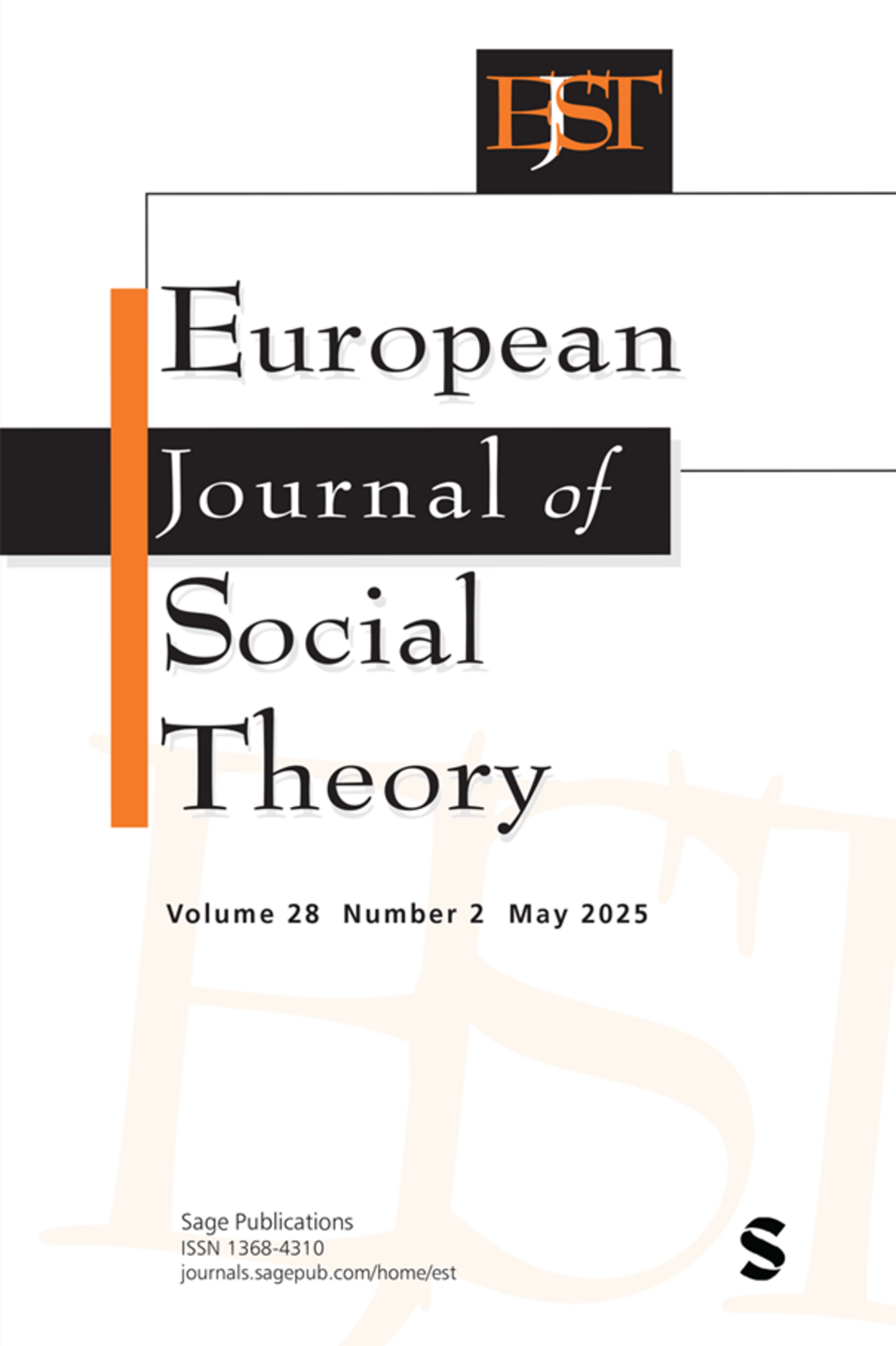What if radical political change requires an element of conservatism? This is what Timothy Stacey, Jesse Hoffman, Maarten Hajer and colleagues suggest in their latest paper:
Dramaturgies of Change: Staging Political Transformation.
The authors explain that all political regimes, no matter how "drama-free" they claim to be, are upheld by *dramaturgical regimes*: theatrical conventions that establish their legitimacy. *Dramaturgies of Change* are theatrical devices that political movements can employ to destabilise what is considered politically possible and desirable.
The main argument might seem quite surprising: to achieve radical political change on the scale now called for in the name of environmental, ethnic, and economic justice, it may be that an element of symbolic conservatism is required.
It is suggested that both those seeking stability and those seeking change must tap into a *Dominant Symbolic Order* to gain legitimacy. The trick is to gain interpretive authority over that order.
Let's take a simple example: how could black people in the deeply racist US of the 1950s and 60s gain sufficient public legitimacy to successfully prosecute the campaign for Civil Rights? Part of the answer comes from their skilful use of theatrical techniques to position themselves as fulfilling the promise of American democracy. They mobilised dominant symbols like churches, neoclassical government buildings, and Sunday attire.
This is a vital lesson for those interested in societal transformation today:
"Change must appear to be in continuity with, if not the fulfilment of, deeply entrenched ideals. Even as they radically rip publics into an alternative future, indeed in order to do so, political operators need to in some manner relate a promised future to a positively imagined past and present."

